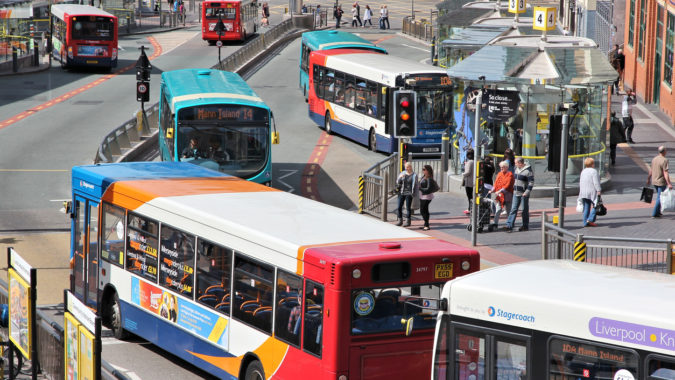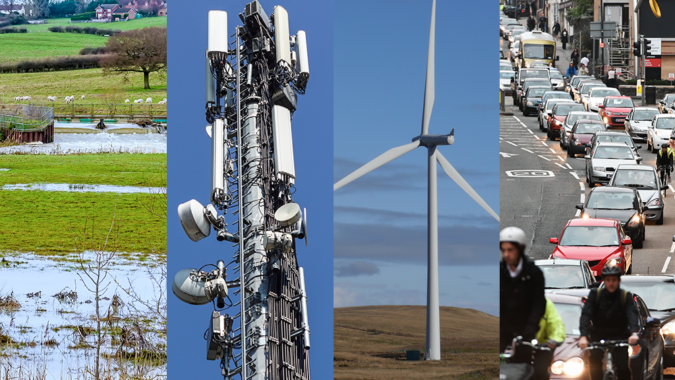Flexibility is the word on the street – in this piece, Laura Hawkins argues that flexibility across different sectors offers the opportunity to work harmoniously together, but that without proper collaboration now, they could work against each other causing more damage than good.
Flexibility in the workplace is on everyone’s lips. It’s been cited on a number of occasions as one of the most important things for Millennials and Gen Z employees when choosing work. Research in the UK has shown 92% of Millennials identify flexibility as a top priority when job hunting. We are talking way beyond occasionally working from home – but a whole host of arrangements including different working hours, locations and job shares, as well as employees working for a number of different organisations or combining work and study. While the rise of the working parent family has driven some of this change, employees generally rate mental health and work life balance being the main drivers for wanting flexibility in the workplace. The effect of Covid-19 and the experience of prolonged remote working on this demand from companies and employees remains to be seen.
All the while, flexibility is big news in the electricity networks too, with data from smart meters enabling big changes in the way electricity networks can be run. The transition from a Distribution Network Operator (DNO) to Distribution System Operator (DSO) will see the ‘cable and wire’ companies taking a much more active role in the networks, balancing supply and demand on the local distribution networks on a scale never seen before. The drivers? Integrating more flexible/intermittent assets like electric vehicles and smaller scale distributed generation like renewable energy. Ultimately, saving customers money by making the most of all resources and assets connected to the network. In practice this looks like network companies working with consumers in ways never seen before. No longer will the company be just the fixer of power cuts, but the provider of new income streams for small organisations, community groups and even households as we make our electricity networks ‘smarter’, matching intermittent, low carbon generation with flexible demand to ensure the lowest carbon, most reliable and most affordable electricity we can.
So what impact does flexible working have on the electricity networks? Well, the networks are designed to minimise any down time – people expect electricity when they flick the switch and most of the time, they aren’t disappointed. The networks are built to distribute electricity across the buildings that it supplies, matching supply with demand. Forecasting the demand is a big part of operating the networks – and the typical office working day provides some structure in the forecasting. The changes in people’s behaviours and consumption patterns poses challenges for the network companies.
You can picture a future where the two worlds of flexibility work in harmony – with data and forecasting at its core. Employers and network companies freely sharing their data on plans for working arrangements, allowing planning on both sides, for smooth operations. A company might put incentives for staff to work remotely at times when the network is under stress near their head office, in turn being paid by the network company for doing so. Thinking on a grander scale, employers might offer incentives or support for staff requesting flexible arrangements to install or operate flexible demand solutions like home battery systems or smart EV charging at their preferred place of work.
But what if it doesn’t all work out as nicely as that? It’s just as easy to imagine falling into a less harmonious future, where communications between the two worlds is broken and decisions are made independently without consideration of the other. At best, in this world, things are just a little more difficult, and likely a little more expensive. Wide scale flexible working arrangements might make electricity networks over or under-cater for certain locations – but worse, employees might not be provided with the infrastructure they need for their working arrangements, for example EV charging capabilities.
Even worse, flexible working arrangements cause electrical networks logistical nightmares, or where electrical network decisions limit flexible working implementations. How, you might ask? What happens if there is a powercut in your workplace? What happens if this workplace isn’t an office, with alternative arrangements, but your home, a shared space or even a public space? What happens to employee, and company productivity, if electrical infrastructure fails to deliver?
But let’s take a step away from a lightless future and take a step back even from the electricity sector. The potential benefits of getting this right, or implications of getting it wrong, begin to grow. Because it isn’t just electricity and working arrangements that are facing change right now. Road, rail, housing, digital, water, waste – all of these sectors are evolving and all impact and are impacted by each other.
It is time for these sectors to work together, to share challenges and come up with solutions. Collaboration and communication has to happen now, on a great scale, before long term investment and planning decisions are made without knowing the full story of potential impacts – good and bad.
Opinion piece by Laura Hawkins, Innovation Project Manager at SSE



